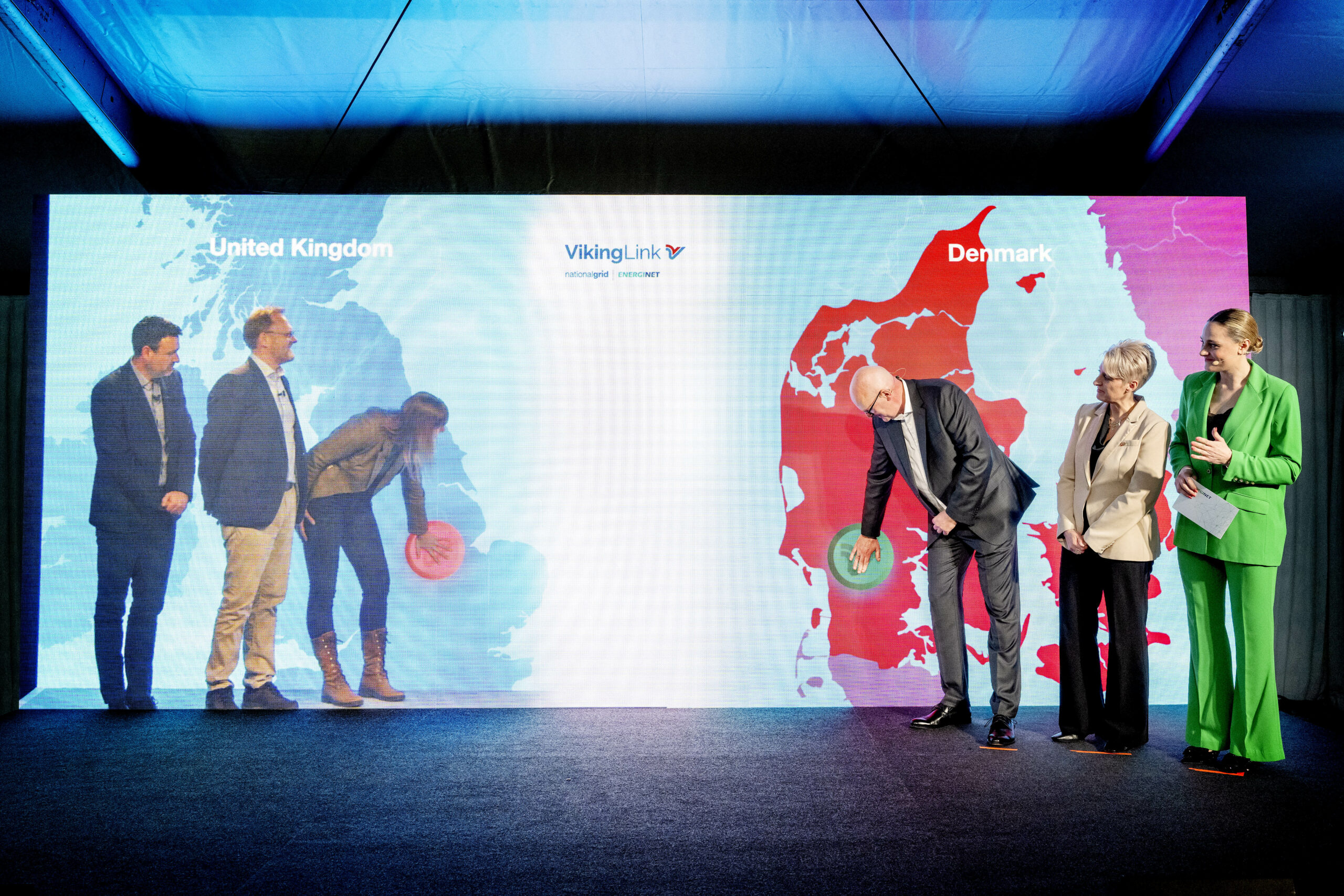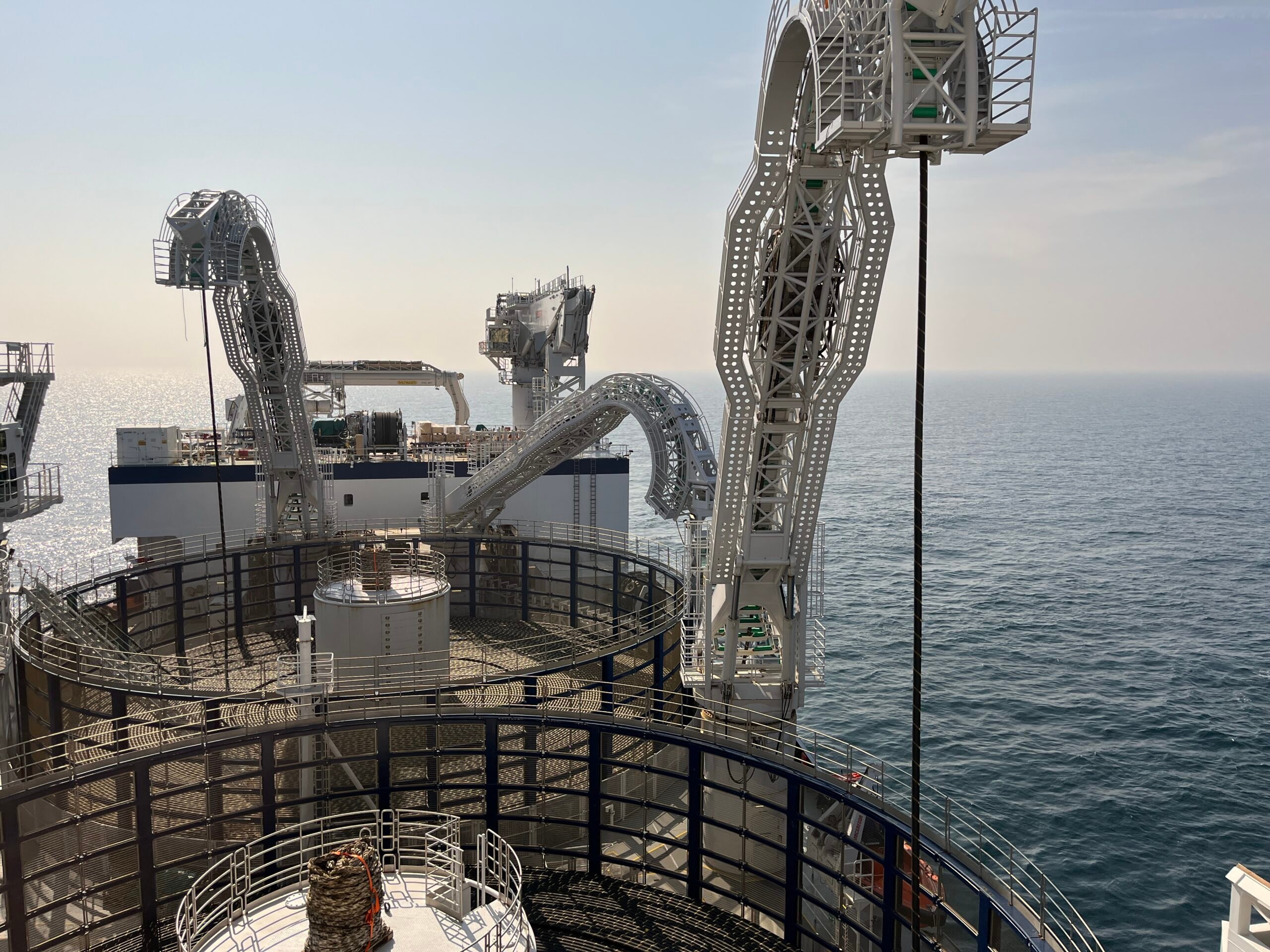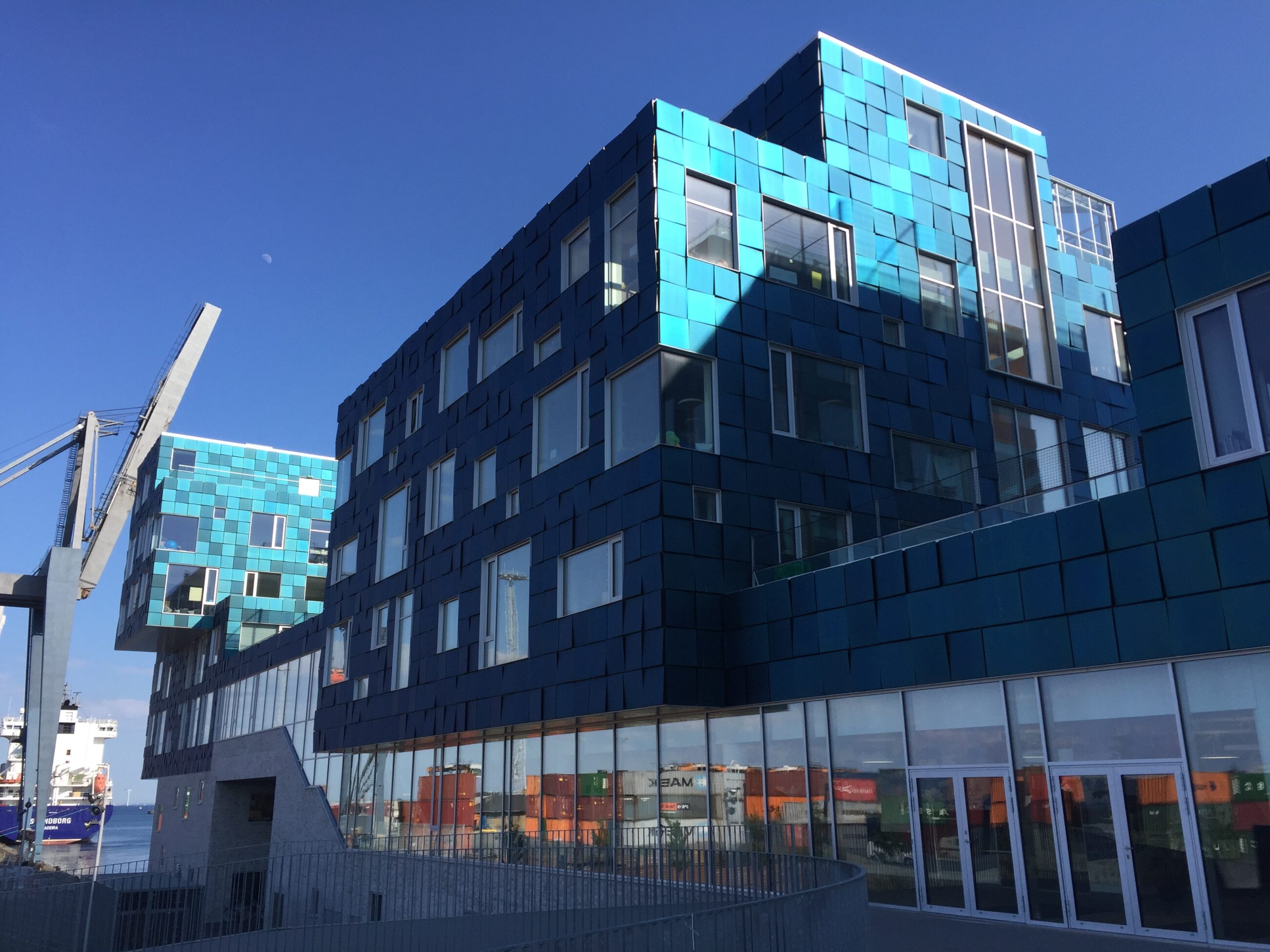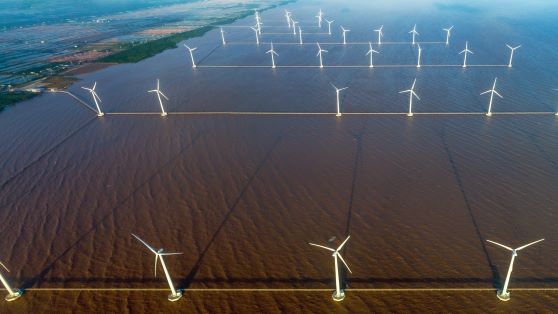News
Air pollution
Smart cities
Smart energy systems
+1
New test project demonstrates the business case for electrifying service vehicles in cities


AFA JCDecaux are responsible for the operations and the maintenance of advertisements at bus stops, train stations, windbreak panels etc. throughout all of Denmark – including Copenhagen. With green procurement policies and ambitious environmental and climate targets, especially when it comes to transportation, AFA JCDecaux’s service vehicles on the road in Greater Copenhagen are already 100 percent CO2 neutral.
ADA JCDecaux’s Environment and Quality director Tonny Pagter explains:
-We have not yet settled on a specific year for the total transition of our fleet, because it depends on the market and how fast the technology evolves. Right now, it is evolving very fast and we constantly examine the market for products that might replace our diesel vehicles, as we own a few lorry and tow trucks, which needs to travel long distances.
During spring 2016, AFA JCDecaux replaced all their vehicles driving in Greater Copenhagen with electric ones. The vehicles are used on a daily basis to conduct maintenance on advertisements located throughout the city. Some of the vehicles are electric vans, but their newest member is TRIPL - a Danish produced electric scooter.
A green and sustainable service
The transition started when AFA JCDecaux cooperated with Copenhagen Electric (a governmental organisation designed to support the deployment of electric vehicles) in obtaining seven electric vans from Nissan. The cars were equipped with an additional battery-unit which supplies power for the cleaning tools the driver needs for different service tasks. The solution is called (Electric) Vehicle to Equipment (V2E). This allows AFA JCDecaux to deliver green services when conducting maintenance on their advertisements in Copenhagen.
- Related news: Danish Ferry to Sail on Batteries
AFA JCDecaux’s experience is that the use of electric vehicles has overwhelmingly positive effects. They include positive attention in the cityscape, increased scores in public procurement tenders, a reduction in operational costs and contributing to securing clean air in the city.
-The first seven V2E electric cars are a part of our initiatives to protect the environment and save energy. Our positive experiences have already led to our decision to lease more electric cars for jobs in the city. In the longer run –when electric cars’ capacity allows it – we will replace all fossil powered vehicles with electric vehicles. 40 percent of the trips conducted consist of routes of less than 100 km that could easily be made by electric cars, says Tonny Pagter.
Today, the company owns around 60 cars nationally and operates all over the country, where they conduct maintenance on all advertisements and equipment in airports, train stations etc.
- Our positive experiences from the electric cars meant that we decided to eliminate the motor running idle during all services, which has been necessary in the past. We have invested in an additional 1 kWh batteries for all the service vans. This also applies to our vehicles that are still running on diesel, as they service routes that encompass distances larger than what electric cars currently can handle, says Tonny Pagter.
Next step: The electric scooter TRIPL
AFA JCDecaux’s ambitions extend further than described above. In the centre of Copenhagen, AFA JCDecaux tried to replace all cars with cargo-bikes. The bicycles were of high quality that gave the employees lots of exercise but unfortunately also many difficulties, as the bikes could not contain the necessary amount of tools and water needed for cleaning. Every unit needs to transport up to 200 litres of demineralised water, and the bikes turned out not to be designed for the cleaning activities which AFA JCDecaux employees conduct every week from Tuesday to Friday.
- It was too difficult for our employees to make pit stops at headquarters to change the water. We began to search for other sustainable solutions, and we chose the electric scooter TRIPL, produced by the Danish energy company EWII, says Tonny Pagter.
The first three TRIPL electric scooters were delivered during spring in 2017, and more are on their way. The producer of the electric scooters are naturally also pleased by the order:
- AFA JCDecaux are an efficient company, where thoughts are quickly transformed into action. We are thrilled that an international company such as AFA are first movers in Denmark. We had a short dialog before the summer, where we discussed their challenges and only a few weeks after the decision to try out TRIPL in Copenhagen was made, the first TRIPL scooters were delivered. Naturally, we hope that demand for TRIPL scooters to conduct services in the city will grow – which the scooters are perfect for, says Morten Irming, sales manager at EWII.
- Related news: Danes Supply Power to Norwegian Cruise Ships
It will – in addition to the length and the type of the service route – be the distance to the local warehouse that will determine whether AFA JCDecaux choose a TRIPL, or an electric car for operating in a given area.
- TRIPL has proven to be fantastic for quickly getting around in the city on shorter routes with many stops. The driving radius is obviously a decisive factor in determining whether TRIPL is the right solution. In Copenhagen, we have a service-hub at Nørreport Station. From here, it is easy with a TRIPL to service city equipment in the inner city. Our service employees can travel speedily and efficiently around the city with carefully planned routes, Tonny Pagter highlights.
Electric power is cheaper
Tonny Pagter’s decision to choose electric vehicles was a no-brainer, as electricity is not just sustainable but also far cheaper.
- My choice of TRIPL was not just made due based on sustainability issues but also financial ones. We have reduced our operational costs by 50 percent. We have purchased an operations package from EWII, which covers service and maintenance of the vehicles, and in addition, the electricity is cheap. As for our electric cars, we operate with a ‘Vehicle to Grid’ setup. This means that in practice we are provided with free power and therefore have no fuel expenses. I can only see positives in this situation. Operating with electric vehicles is quite simply cheaper than operating with conventional cars. Unfortunately, many have not yet discovered this.
- Related news: First Ever Priority Plan for Bicycle Parking in Copenhagen
Since its release, TRIPL has discovered many different uses for TRIPL – both in Denmark and internationally. Historically, Southern Europeans have always been fond of scooters, perhaps due to the warmer climate, but problems with air pollution, congestion and climate challenges are making travel by scooter a more appealing option in the northern part of Europe.
According to Morten Irming, the majority of service and distribution trips in cities are still conducted by fossil powered vehicles, but for no logical reason. At EWII, they expect to see a paradigm shift in that area.
- We will see big changes within the space of a few years, when electrification makes a genuine breakthrough. In London, a TRIPL can drive in bus lanes and in Berlin, it is allowed to park your TRIPL up against house walls. If Copenhagen wants to achieve their 2025 climate goals, it would be a good idea to draw inspiration from what other European capitals are doing to eliminate diesel-powered vehicles from cities. TRIPL and other agile electric vehicles are obvious alternatives to diesel-powered cars in the city, Morten Irming predicts.
Source: Dansk Energi















